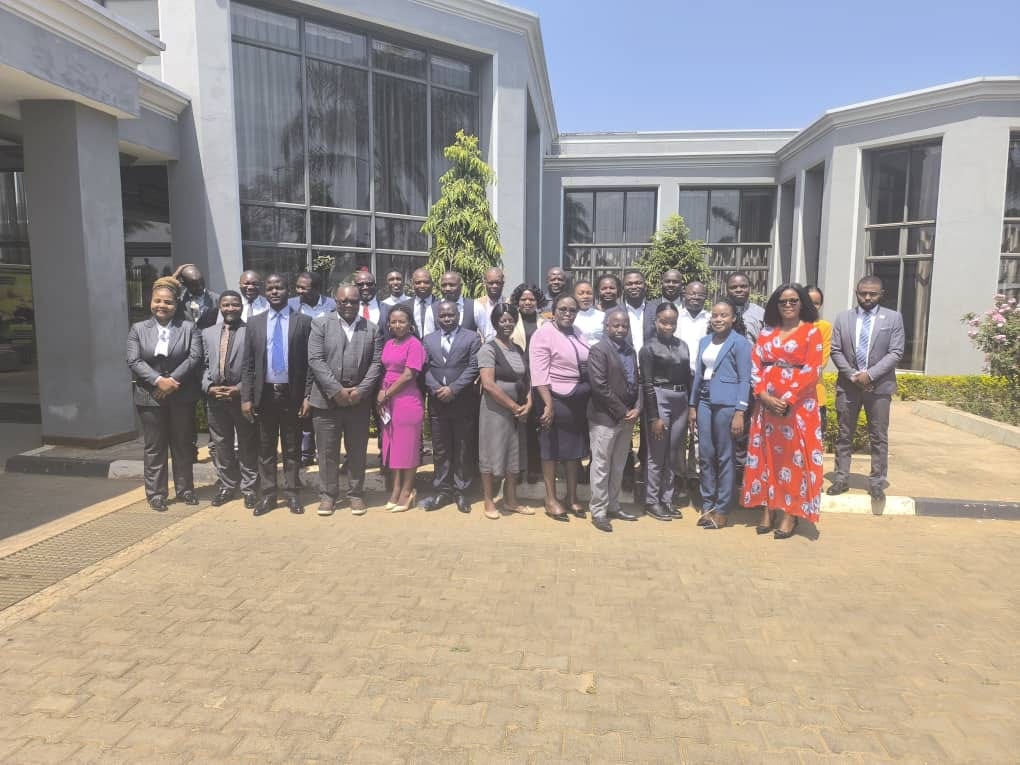Stakeholders Unite to Tackle Illegal Immigrant Detention Dilemma
This new 30-day limit on detention is a crucial step in Malawi’s journey towards a more humane and efficient system for managing immigration detention.
MZUZU, Malawi — In a pivotal gathering on Wednesday, stakeholders and court users convened to chart a course of action in response to the groundbreaking verdict from the Mzuzu High Court on July 29, 2024, which decreed that the detention of illegal immigrants beyond 30 days for repatriation is unlawful, writes Tionge Hara.
This decision has sparked a collaborative effort to ensure adherence to the ruling while balancing national security concerns and legal obligations, shaping the future of immigration practices in Malawi.
The meeting follows complaints from the Mzuzu prison and other stakeholders about overcrowding, with the facility designed for 450 prisoners sometimes housing over 1,000 due to illegal immigrants, leading to shortages of food and resources.
"We advocate that prisons should primarily house hard-core criminals, not individuals who are simply travelling without documents," said Muteyo Mukhuta Banda, Executive Director of the Youth-Watch Society (YOWSO), which organized the meeting with support from the Southern Africa Litigation Centre (SALC).
Banda highlighted the challenges of managing large influxes of irregular immigrants, often numbering in the hundreds, and the strain it places on resources like food and accommodation.
Inspector Bright Matemba, the Regional Prosecution Officer for the Department of Immigration, acknowledged the delays in repatriating illegal immigrants due to resource constraints.
"The main challenges are resource constraints for deportation and the need to authenticate citizenship," he said.
Matemba explained that the government relies on organizations like the International Organization for Migration (IOM) for assistance, having deported over 400 Ethiopians by flight this year with their help.
However, he expressed scepticism about the feasibility of the 30-day timeline set by the court, citing the need for effective communication and coordination between all parties involved.
As stakeholders unite to address this complex issue, the meeting aims to strike a balance between upholding human rights and maintaining national security, paving the way for a more efficient and humane approach to managing illegal immigration in Malawi.



